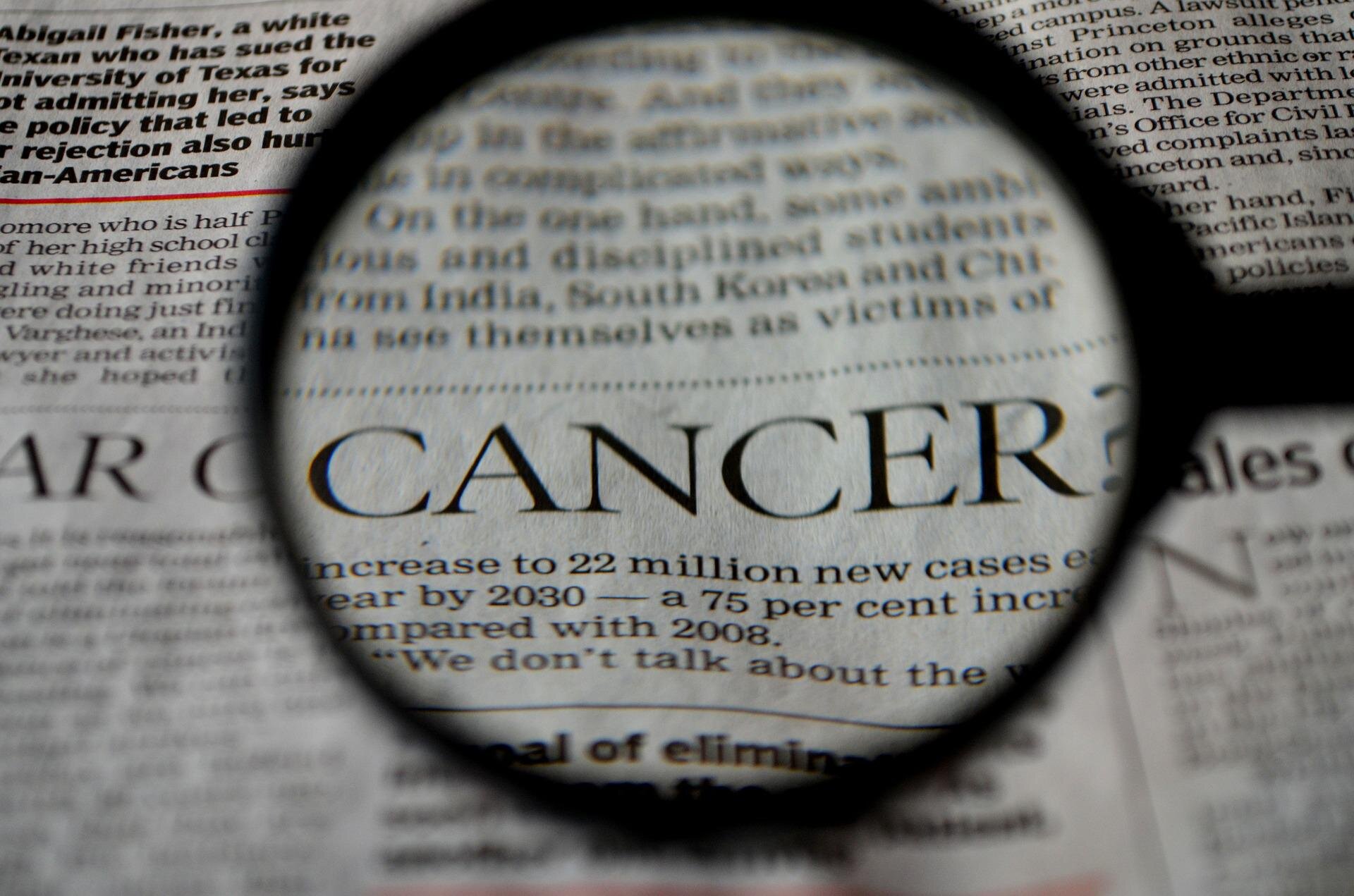The risk of secondary cancer after CAR-T therapy, as discussed at a recent cell and gene therapy conference, is lower than initially feared by regulators. Past concerns arose when patients developed lymphoma after receiving CAR-T therapy, leading the FDA to order “black box” warnings on certain products. However, further investigation revealed that most cases are secondary T cell malignancies in patients who already have related cancers. The risk of developing secondary cancer from genetically modified white blood cells as part of treatment is approximately 1 in 10,000 people treated, significantly lower than the risk associated with certain forms of chemotherapy.
Source link
The risk of secondary cancer from CAR-T therapy is less than feared
